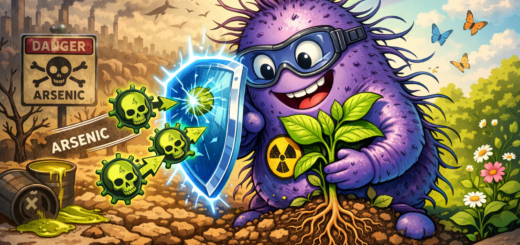New work on the JA front…

Boex-Fontvielle E. et al., 2016 Plant Signaling & Behavior
Seed predators can cause mass ingestion of larger seed populations. As well, herbivorous arthropods attempt to attack etiolated seedlings and chose the apical hook for ingestion, aimed at dropping the cotyledons for later consumption. Etiolated seedlings, as we show here, have established an efficient mechanism of protecting their Achilles’ heel against these predators, however. Evidence is provided for a role of jasmonic acid (JA) in this largely uncharacterized plant-herbivore interaction during skotomorphogenesis and that this comprises the temporally and spatially tightly controlled synthesis of a cysteine protease inhibitors of the Kunitz family. Interestingly, the same Kunitz protease inhibitor was found to be expressed in flowers of Arabidopsis where endogenous JA levels are high for fertility. Because both the apical hook and inflorescences were preferred isopod targets in JA-deficient plants that could be rescued by exogenously administered JA, our data identify a JA-dependent mechanism of plant arthropod deterrence that is recalled in different organs and at quite different times of plant development.


